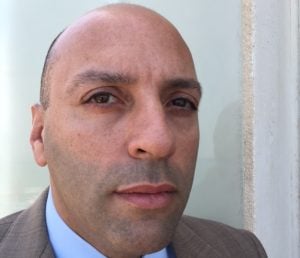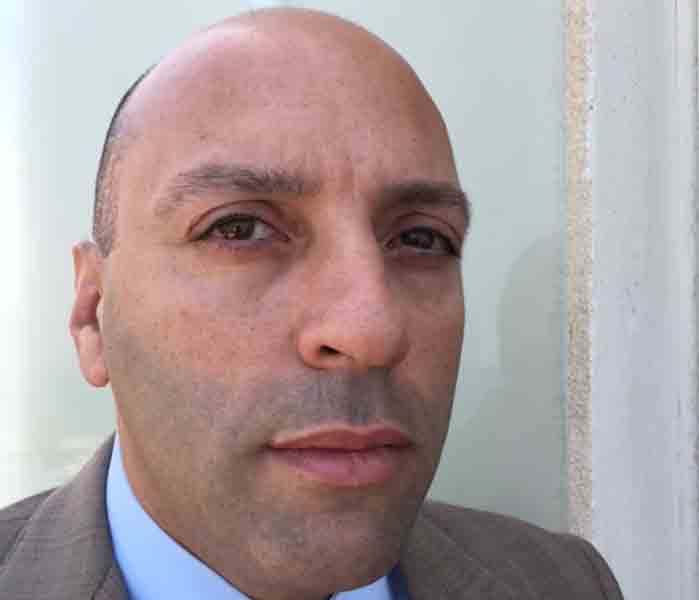By Libya Herald reporters.

Tunis, 14 July 2017:
It has taken nearly three years of patient negotiations by the United Nations Children’s Fund (UNICEF) but the Libyan municipalities have now begun banning militias from using children under the age of 18.
Zintan was the first to end the use of child fighters, “demobilising” around 300 earlier this year. Sabratha municipality and most recently Bani Walid have since taken up the measure. Reyayna is expected to announce soon that it is following suit.
The man responsible, Dr Ghassan Khalil, UNICEF’s special representative in Libya, knows the dangers of so-called child soldiers at first hand. In 2014, when he was the last member of the UN still in Tripoli, he saw a boy of about 13 playing with a pistol.
“The safety catch was not on” said Khalil, “He pointed it at me. I told him it was a very dangerous thing to do. He should not have a gun. He said nothing but put it down. Later I saw him toying with it again”.
It has been estimated that there are some 22 million pistols and semi-automatic weapons in Libya. Khalil shakes his head at the thought. “We have seen children with armed groups all over Libya”.
In April 2015, he launched the “Together with Children” campaign to persuade municipal councils and indeed the militias themselves to give back their child recruits their young lives.
Khalil, who has been from Tunis in and out of Libya for the last three years, said that the task had not been straightforward. He had needed to build trust. He emphasised that at no time had UNICEF paid a penny to have the children give up their guns. It had only spent money on running courses and training people in “psycho-social skills” that would help young people become children again.
This last, said Khalil, was important. Some of the children made the transition to “civilian” life without difficulty. But for others there were serious problems which manifested themselves in the likes of nightmares and bed-wetting. UNICEF continued to train local counsellors to help these children get over their anxieties.
A big difference between child-fighters in Libya and in other countries such as Uganda, said Khalil, is that the young Libyan gunmen are members of their local community, whereas in Uganda boys are kidnapped and forced to join militias.
“In Libya, the children [with guns] are part of the community” he said, “Their aim is to protect their community. But in the process these kids are missing out on an education and they have an unhealthy life-style”.
Council members are elected by the community and they have a responsibility to the people who voted for them. Khalil argued that the future of the communities rested on these youths. He also persuaded local radio stations, including that in Bani Walid, to put out the message that children should not be armed.
Khalil’s term with UNICEF in Libya is coming to a close. He has persuaded 28 councils throughout the country to accept in principle the banning of child soldiers. But only three, soon to be four municipalities have so far converted words to deeds.
One of the problems he has encountered are deep seated rivalries. “I don’t do politics” he explained, “When Libyans have said to me [of other Libyans] ‘How can you work with them?’ I say that I am working for the children of Libya. I talk to every single official in Libya who has a responsibility for children”.
Over and above the successes he has had getting children away from guns, he said he is particularly proud of UNICEF’s lobbying of the Constitution Drafting Assembly. This, he says, has resulted in the inclusion in its draft constitution of ten separate clauses dealing with the rights of the child.








